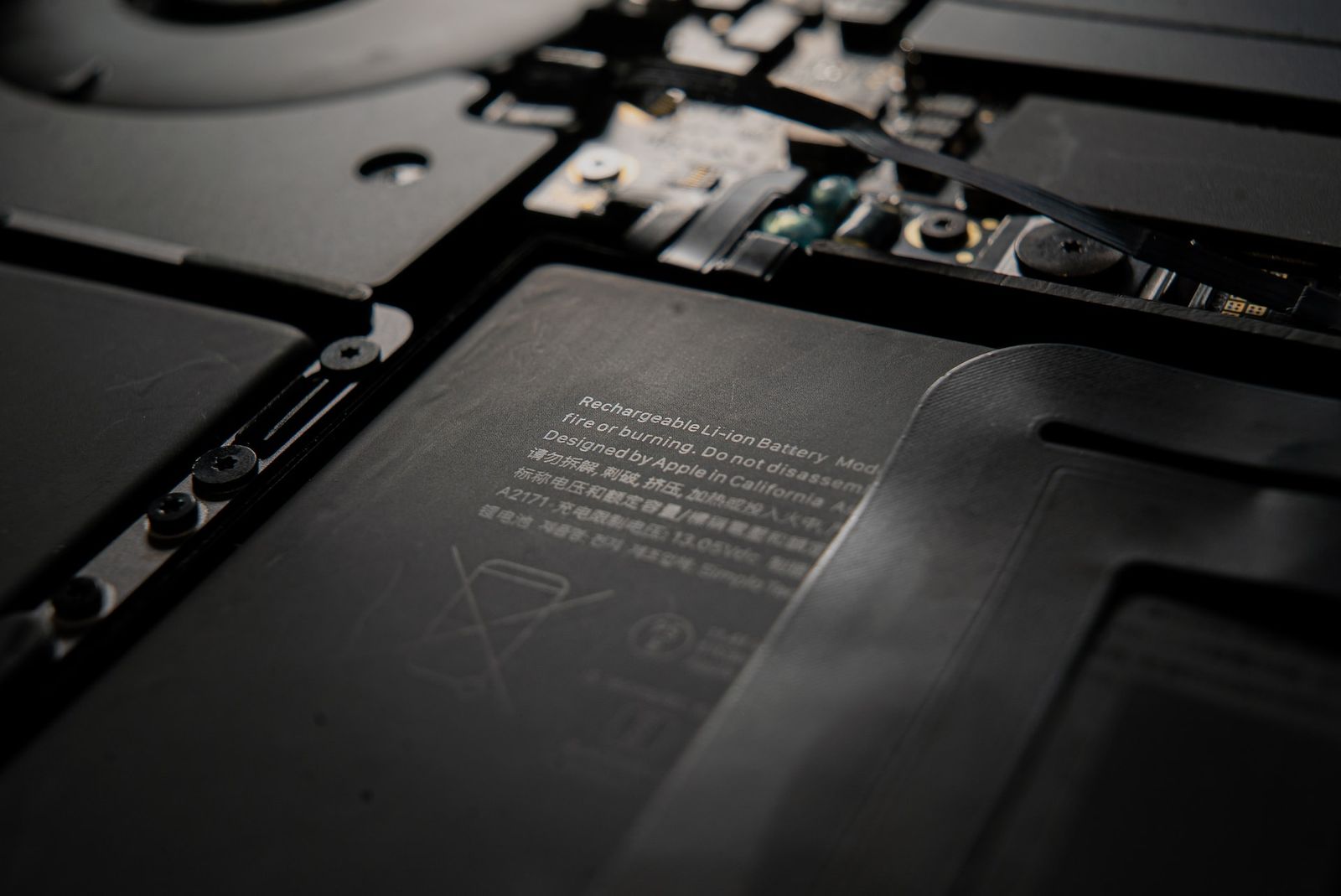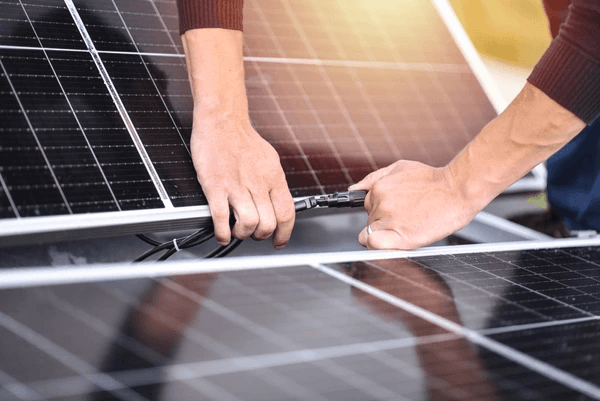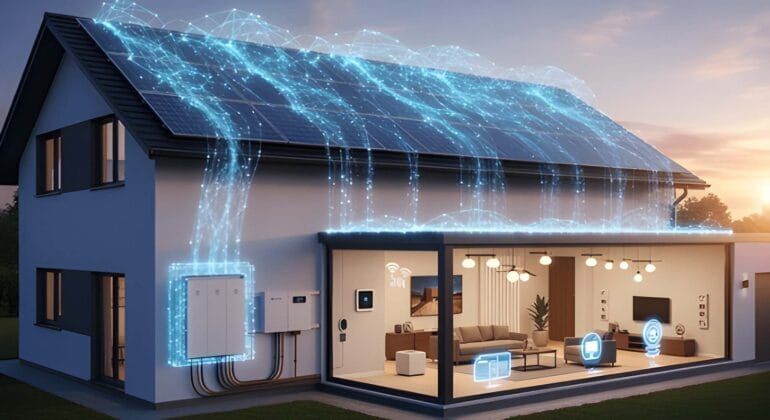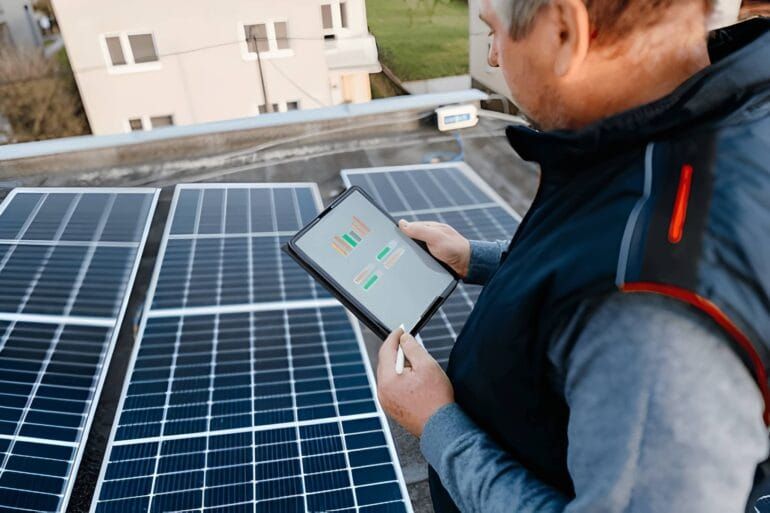Hey hey, readers bringing you another piece of hot news for the season, Ionblox has announced that it intends to utilize $32 million in series B funding to facilitate the development of a new ev battery technology an innovative silicon anode electric vehicle battery.
As the demand for electric vehicles continues to rise and the technology behind EV batteries advances, the future holds great promise. Researchers and engineers are actively working on improving energy densities, reducing costs, and enhancing overall battery performance.
One area of focus is the development of solid-state batteries, which offer the potential for even higher energy densities and improved safety compared to traditional lithium-ion batteries. Solid-state batteries utilize solid electrolytes instead of liquid ones, providing greater stability and reducing the risk of leakage or thermal runaway.
Another avenue of research involves exploring alternative materials for battery electrodes. For example, lithium-sulfur batteries have gained attention for their high theoretical energy densities and potential cost advantages. However, challenges related to sulfur’s stability and the need to address issues such as capacity degradation still require further exploration.
Furthermore, ongoing efforts are dedicated to improving the manufacturing processes of advanced EV batteries to reduce costs. Increased production volumes and advancements in manufacturing techniques will likely lead to economies of scale, making these batteries more affordable and accessible for consumers.
Battery lifespan is another crucial aspect of EV battery technology. Researchers are focusing on enhancing battery durability and longevity through advancements in electrode materials, electrolyte formulations, and cell designs. Extending the lifespan of EV batteries is essential for reducing environmental impact and ensuring long-term cost-effectiveness for EV owners.
The integration of renewable energy sources and energy management systems with EV batteries is also being explored. This convergence would allow for optimized charging and discharging of batteries, utilizing renewable energy when available and reducing strain on the electrical grid.
In conclusion, the development of new EV battery technology offering 50% more density is just the beginning. The ongoing research and innovation in the field hold immense potential for further advancements. As technology progresses, we can anticipate improved energy densities, reduced costs, enhanced durability, and a more sustainable future for electric vehicles. The exciting journey towards a greener transportation landscape powered by advanced EV batteries has only just begun.
New EV Battery Technology Successfully raised $32 million
Ionblox has successfully raised $32 million in its recent Series B funding round, with financial contributions from Lilium, Applied Ventures, Temasek, and Catalus Capital. The startup plans to utilize the funds to expand its high-power cells for electric aviation and to create prototypes of its fast-charge EV cells, thereby enabling it to scale up its operations. Ionblox’s batteries are designed using pre-lithiated silicon-dominant anodes in lithium-ion cells.
According to the company, this technology enables a potent combination of 50% greater energy density and five times more power compared to traditional lithium-ion batteries, while allowing for rapid charging times of just 10 minutes.
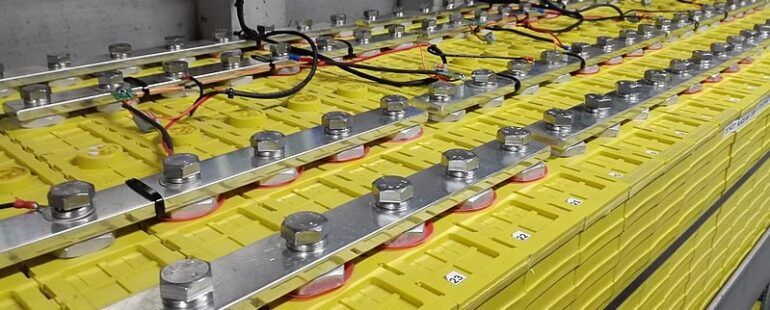
The Idaho National Laboratory has confirmed the impressive cell performance achieved through this innovative approach. The battery’s rapid charging capabilities can charge up to 80% of the battery’s capacity in just 10 minutes. For instance, a 300-mile vehicle can be charged for 240 miles in the time it would take to stop at a typical gas station.
Additionally, tests conducted by Idaho Labs on 12 Ah pouch cells have confirmed an energy density of 315 Wh/kg. The battery can also withstand 1,000 charge cycles at the C/3 charge rate while retaining almost 90% of its original capacity. Ionblox has stated that these breakthroughs in battery capability are particularly beneficial for advanced electric aircraft, such as Vertical Take-off and Landing aircraft (eVTOL), where weight must be minimized, and power output maximized. Furthermore, the large-format pouch cells of up to 50 Ah, which also have applications in ground EVs, are currently being manufactured on Ionblox’s pilot production lines.

Lilium plans to incorporate this new battery technology into its conforming aircraft, the Lilium Jet.
“Test results to date are showing the technology will deliver not only superior energy and power density for the Lilium Jet at launch but also very good aging performance,” said Yemsi. Lilium intends to support the continuous improvement and industrialization of technology.
Ionblox has also been awarded a development contract from the United States Advanced Battery Consortium to develop low-cost, fast-charge EV batteries. Furthermore, the battery provider has entered into a partnership with Applied Materials for the supply of semiconductor equipment.
This second Series B funding round builds on a prior $24 million investment round in October 2022. Ionblox, originally founded as Zenlabs in Fremont, California in 2017, currently holds over 40 issued patents for pre-lithiation for all types of silicon-based anodes. The development contract from the United States Advanced Battery Consortium is a significant milestone for Ionblox, as it recognizes the company’s potential to revolutionize the EV industry.
The contract will enable Ionblox to accelerate its research and development efforts, with a focus on creating low-cost, fast-charge EV batteries that meet the stringent performance requirements of the modern market. The award demonstrates Ionblox’s expertise and innovative approach to battery technology, as well as its commitment to advancing the field of energy storage.
In addition to its collaboration with Applied Materials, Ionblox has established partnerships with several other leading semiconductor equipment providers to ensure the reliable and efficient production of its advanced battery cells. By leveraging the latest technologies and materials, Ionblox aims to optimize the performance of its batteries and reduce the costs associated with production. The company’s commitment to quality and innovation is reflected in its expanding patent portfolio, which includes over 40 issued patents for pre-lithiation for all types of silicon-based anodes.
The automotive industry is undergoing a significant shift towards electric vehicles (EVs) as a sustainable and eco-friendly transportation solution. One of the key factors influencing the widespread adoption of EVs is the development of advanced battery technology. In recent years, a breakthrough in EV battery technology has emerged, offering 50% more density compared to traditional batteries. This article explores the benefits, challenges, and implications of this new EV battery technology.
The Need for Advanced EV Battery Technology
As the demand for EVs continues to rise, there is a growing need for more efficient and high-performance batteries. Traditional lithium-ion batteries, while effective, have limitations in terms of energy storage capacity and charging time. Advanced EV battery technology aims to address these limitations and revolutionize the electric vehicle industry.
Understanding Battery Density
Battery density refers to the amount of energy that can be stored within a given volume or mass of the battery. Higher battery density allows for increased energy storage, which translates to longer driving ranges for electric vehicles. New EV battery technology offers a significant improvement in density, enabling EVs to travel farther on a single charge.
The Emergence of New EV Battery Technology
Recent advancements in materials and manufacturing techniques have paved the way for the development of high-density EV batteries. Researchers and engineers are exploring various approaches, such as solid-state batteries, lithium-sulfur batteries, and advanced electrode materials, to enhance energy storage capabilities.
Benefits of High-Density EV Batteries
The introduction of new EV battery technology brings several advantages to the electric vehicle ecosystem. Firstly, higher energy density allows for extended driving ranges, reducing range anxiety among EV owners. Secondly, faster charging times become possible, enhancing the convenience of EVs for daily use. Additionally, increased battery density can contribute to overall weight reduction, improving the vehicle’s efficiency and performance.
Overcoming Challenges in Implementing New Battery Technology
While new EV battery technology offers promising advancements, there are challenges that need to be overcome for successful implementation. Cost is a significant factor, as these advanced batteries often involve complex manufacturing processes and expensive materials. Additionally, ensuring the safety and reliability of high-density batteries is crucial to gain consumer trust and regulatory approval.
Impact on Electric Vehicle Performance
The adoption of new EV battery technology positively impacts electric vehicle performance. With increased energy density, EVs can achieve higher speeds and acceleration. Moreover, the improved power output allows for better handling and responsiveness, enhancing the overall driving experience for EV enthusiasts.
Environmental Implications
The development of high-density EV batteries also contributes to the environmental sustainability of electric vehicles. By enabling longer driving ranges, EVs become a more viable alternative to traditional combustion engine vehicles, reducing greenhouse gas emissions and dependence on fossil fuels. Moreover, advancements in battery recycling and disposal technologies are essential to minimize the environmental impact of battery waste.
Future Developments and Expectations
The field of EV battery technology continues to evolve rapidly, with ongoing research and development efforts. Future advancements may focus on achieving even higher energy densities, reducing costs, and enhancing the overall performance and lifespan of batteries. As the electric vehicle market expands, new EV battery technologies will play a vital role in shaping the future of transportation.
Conclusion
New EV battery technology offering 50% more density represents a significant milestone in the electric vehicle industry. With improved energy storage capabilities, EVs can travel longer distances, charge faster, and deliver enhanced performance. While challenges exist, the benefits of high-density EV batteries outweigh the obstacles. As technology continues to advance, the future looks promising for the widespread adoption of electric vehicles powered by cutting-edge battery solutions.
FAQs (Frequently Asked Questions)
- What is EV battery density? Battery density refers to the amount of energy that can be stored within a given volume or mass of the battery. Higher density means more energy storage capacity.
- How does high-density EV battery technology benefit electric vehicles? High-density EV batteries offer extended driving ranges, faster charging times, and improved vehicle efficiency and performance.
- Are high-density EV batteries expensive? Advanced EV batteries can be more costly due to complex manufacturing processes and expensive materials. However, as technology progresses, costs are expected to decrease.
- What are the environmental benefits of new EV battery technology? New EV battery technology reduces greenhouse gas emissions by enabling longer driving ranges and reducing dependence on fossil fuels.
- What does the future hold for EV battery technology? The future of EV battery technology involves achieving higher energy densities, reducing costs, and improving overall battery performance and lifespan through ongoing research and development.
